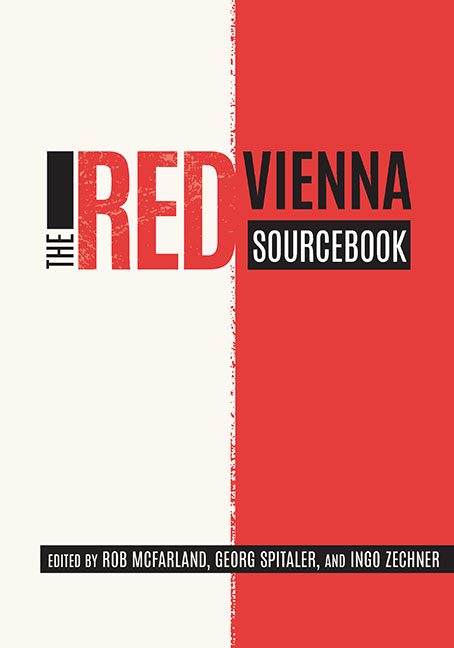Book contents
- Frontmatter
- Contents
- Acknowledgments
- Permissions and Credits
- A Note on the Structure of This Book
- Introduction
- Part I Foundations
- Part II Philosophies
- Part III Identities
- Part IV New Values
- Part V Social Engineering
- Part VI Vitality
- Part VII Housing
- Part VIII Cultural Politics
- Part IX Mass Media
- Part X Exchange
- Part XI Reaction
- Part XII Power
- Chronology
- References
- Contributors
- Index of Subjects
- Index of Persons
Chapter 2 - Finances and Taxes
Published online by Cambridge University Press: 23 October 2020
- Frontmatter
- Contents
- Acknowledgments
- Permissions and Credits
- A Note on the Structure of This Book
- Introduction
- Part I Foundations
- Part II Philosophies
- Part III Identities
- Part IV New Values
- Part V Social Engineering
- Part VI Vitality
- Part VII Housing
- Part VIII Cultural Politics
- Part IX Mass Media
- Part X Exchange
- Part XI Reaction
- Part XII Power
- Chronology
- References
- Contributors
- Index of Subjects
- Index of Persons
Summary
RED VIENNA BUILT the financial basis for its comprehensive political reforms on a broadly redistributive tax plan. This became possible after Vienna's separation from Lower Austria to form its own state in 1922. This separation gave the Social Democratic city government a stronger position vis-à-vis the conservative federal government in matters of taxation policy. For example, Vienna possessed independent legislative authority, its own property taxes, and a right to a portion of federal tax revenue. Even though the Social Democrats never made it into the federal government after 1920, Vienna and its tax laws remained under their control.
Named after the city councillor of finance Hugo Breitner, the Breitner Taxes applied to luxury goods and consumption, as well as to automobiles, horses (and horse racing), and domestic employees. The tax on foodstuffs, drinks, and tobacco was levied on businesses categorized as luxury establishments. The entertainment tax applied to various public events, such as circus performances, variety theaters, cinemas, balls, and operas. Especially important were the welfare tax paid by employers and the progressive housing construction tax (Wohnbausteuer). The latter applied to all properties within the city's jurisdiction and was aimed at villas and private homes, while leaving working-class residences relatively untouched. The tax brackets were arranged such that small apartments were negligibly affected, while luxury properties were taxed at extraordinarily high rates. The purpose was to transform indirect taxes into strongly progressive direct taxes and to avoid taking out further loans. From the beginning, the Social Democratic city government was subjected to fierce criticism from bourgeois, conservative, and right-wing elements, and when it came to Breitner, the political attacks often had an anti-Semitic character. In political opposition to the Social Democrats stood an alliance of the federal government, the Central Federation of Industry (Hauptverband der Industrie), banks, businessmen, as well as the church and the military.
The city used its taxation policies and the corresponding welfare policies—comprising investments in social and public infrastructure, employment measures, and municipalization— to intervene in the economic crisis following World War I. By 1922, as in Germany, the inflation caused by the war had grown into hyperinflation. The League of Nations took over the guarantees for a foreign loan, which was made dependent on certain fiscal policy conditions.
- Type
- Chapter
- Information
- The Red Vienna Sourcebook , pp. 33 - 48Publisher: Boydell & BrewerPrint publication year: 2019



